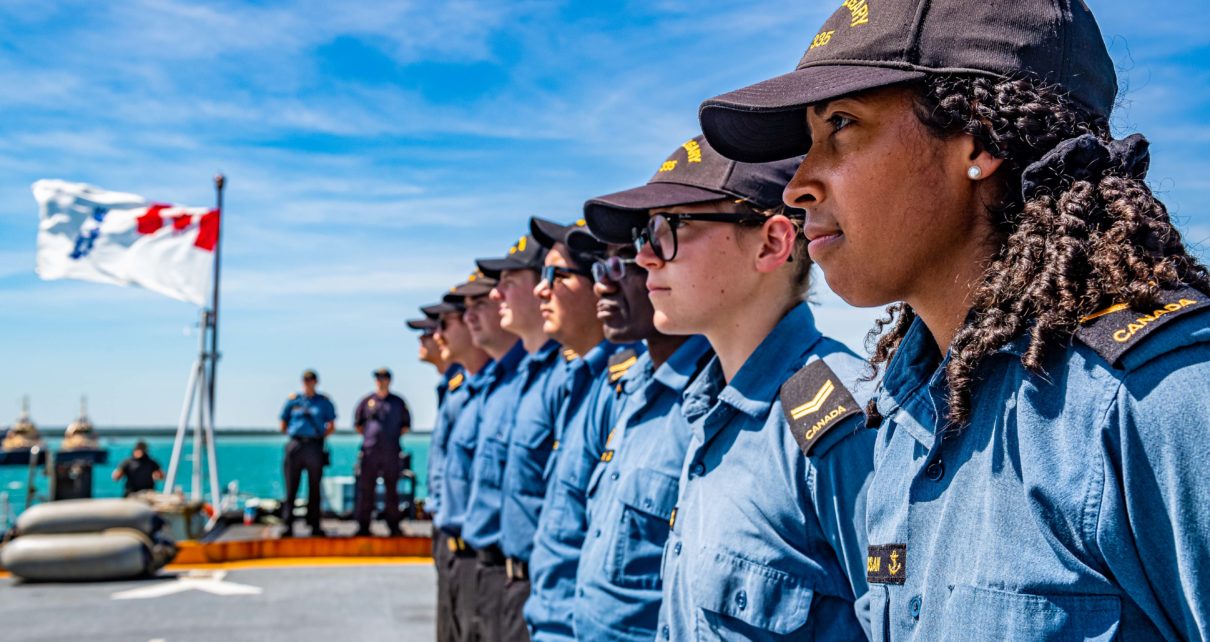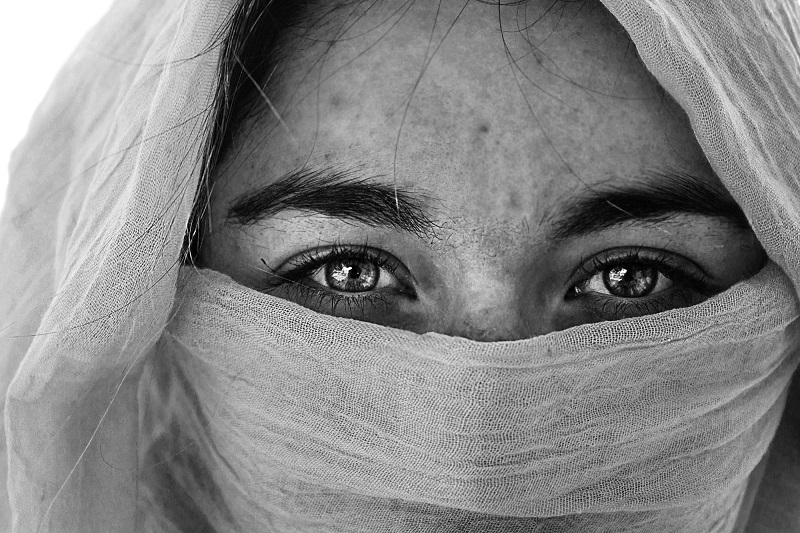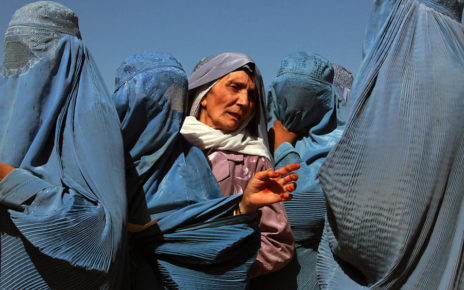Amidst growing reports of sexual misconduct at the most senior levels of Canadian military leadership, there has come renewed debate on one of the country’s most insular federal institutions and its work culture. In academic and policy making circles, discourse on the role of gender, race and sexuality in the Canadian Armed Forces (CAF) is nothing new. In an effort to specifically investigate the Forces’ sexualized work enviroment and its impact on women, the Deschamps Report was launched in 2015 and gave rise to Operation Honour – an initiative to eradicate sexual violence within the CAF. Six years, little change and an ongoing sexual misconduct investigation against the very leader who spearheaded Op Honour later, a second external report has been launched looking into precisely the same issue.
This apparent lack of progress has many asking questions about the barriers to real change within the military. While some point towards the internal justice system, one embedded within the chain of command and distinct from civilian systems, broader discussions are also taking place broaching the institution itself – its culture, systems and history. While this latest external investigation into the Forces is making explicit its intention to address culture change, there still lacks considerations of intersectionality and lived experience in constructing a more just, equitable organization.
Intersectionality was first coined by Black feminist Kimberle Crenshaw in the late 1980s and has since gained popular use in academic and activist discussions of oppression and identity. The term describes the phenomenon where individuals’ overlapping identities of race, gender, sexuality and other social categories compound to create unique and interdependent experiences of oppression. The concept has been largely absent from research into military culture and policy, but some scholars are now pointing to this factor as a major hindrance to institutional change. The CAF’s inattention to overlapping marginalities reflect a larger issue of an organization focused on statistics rather than personal experiences of soldierhood within its ranks. This is illustrated in the military’s contemporary inclusion and diversity initiatives that look almost exclusively at numeric participation of racialized and female soldiers, but do little to challenge the existing power relations that further perpetuate discrimination.
The result is an organization that has mandated efforts to increase quantifiable representation of women and racialized groups in its recruitment, but with limited capacity to create space for those bodies for whom the Forces was never designed to have in mind. The CAF’s history of colourblindness in diversity and inclusion policy has created an environment that defence analysts say lack “avenues to name the material and symbolic impacts of racism ” in the workplace. This dynamic then places onus on individuals to navigate an institution marked by larger systems of oppression.
The impact of overlapping identities on the way individuals navigate white, male dominated spaces like the military is well-documented; studies into domestic violence have showcased how Black women are often less likely to report abuse due to institutional racism within policing and social services. The historic and continued underreporting of discrimination and violence within the CAF, and current absence of an intersectional lens within Canadian Military, builds the case for a new approach to change. Lessons from the Somalia Affair also offer justification for adopting an intersectional policy lens attentive to soldiers’ individual identities and experiences. While members of the Defence Studies community retroactively understand that the torture-killing of a Somali teenager by Canadian peacekeepers in 1993 was racially motivated, there was little note of race or racism in the Forces in the federal inquiry that followed the incident. And so, organizational reform following the murder of a Black teenage civillian by self-proclaimed white-nationalists was informed by issues of discipline rather than by structures of racism, supremacy and identity.
Though the current leadership crisis in the CAF is jeopardizing the very legitimacy of the institution, there lies an opportunity to emerge as a stronger, more equitable organization. Explicit efforts to address culture change are underway, but evidence suggests a policy lens incorporating intersectionality and lived experience may be required to meaningfully address structural barriers to change. As an organization made up of soldiers – people – the time has come for the Forces to move beyond numerical conceptualizations of identity towards one that understands the complexity of pluralistic markers of marginality and how it impacts soldiers navigating this institution.




